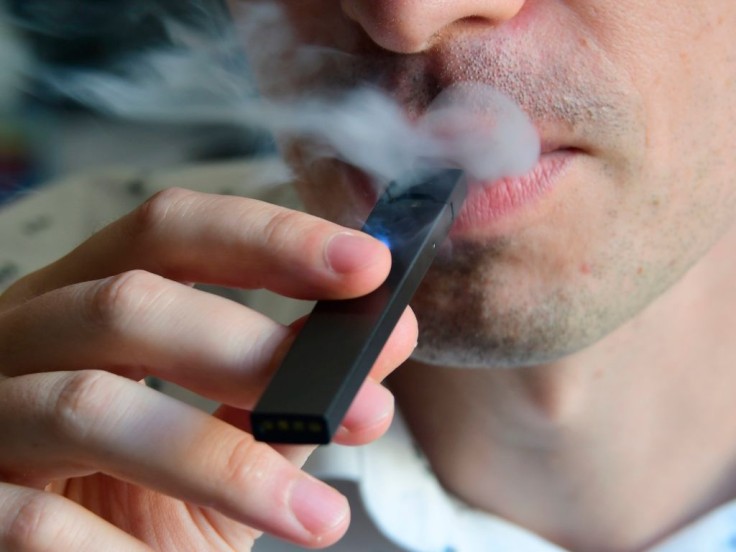
The growing epidemic of child vaping has sparked serious concerns among parents and teachers in the UK. The child vaping crisis, highlighted by the prevalence of vaping among young people, has prompted calls for urgent action to address the alarming rates of nicotine addiction.
As the harmful effects of vaping become more evident, educators and parents are raising their voices, emphasizing the need for effective education, legislative changes, and increased regulation of vaping products.
Alarming Rise in Child Vaping Rates
The child vaping crisis has become increasingly pervasive, with parents and teachers expressing deep concerns about its impact on children's health and well-being, per The Guardian.
According to reports from the UK, many children are exposed to vaping through older peers, and vaping has become normalized in their perception. While children may lack a clear understanding of the difference between smoking and vaping, raising awareness about the potential health risks, particularly the impact of nicotine addiction on developing teenage brains, is crucial.
Teachers and counselors working closely with students have observed a disturbing trend. Many schoolchildren believe that vaping is relatively harmless and turn to it as a coping mechanism for stress and anxiety. The misconception that vaping helps alleviate these issues is prevalent among young people, further exacerbating the child vaping crisis.
Educators and parents are now calling for comprehensive education programs that address the risks associated with vaping and inform children about its potential long-term consequences.
Health Authorities Urge Conversations, Action Against Vaping
In response to the escalating child vaping crisis, health authorities in certain parts of the UK are urging parents to engage in conversations with their children about the harmful effects of vaping.
These conversations are seen as crucial to countering the normalization of vaping and increasing awareness of the associated risks. Effective education is viewed as one of the primary lines of defense against this crisis, alongside necessary legislative changes and enhanced regulation of vaping products.
Furthermore, as per ABC, alarming evidence has emerged from Australia, where clinical psychologist Donna Stambulich has observed a significant rise in parents seeking treatment for their children aged 12 to 24, with vaping as a contributing factor.
Stambulich emphasizes that while vaping may not be the main reason for seeking treatment, it is often associated with underlying issues such as social isolation, anxiety, and depression.
The child vaping crisis is particularly concerning among adolescent girls, who use vaping as an appetite suppressant, leading to potential negative impacts on their overall well-being.
Urgent Need for Action and Education
The child vaping crisis demands immediate action and a comprehensive approach involving multiple stakeholders.
According to INews, England's Chief Medical Officer, Professor Sir Chris Whitty, has publicly expressed his dismay at the appalling rates of child vaping. He highlights the addictive nature of vaping and the unknown consequences it poses to developing minds, emphasizing the utter unacceptability of marketing these products to children.
Recent surveys reveal an upward trend in child vaping rates, with a rise in both experimentation and regular use. Concerns extend beyond the immediate health risks, as vaping is feared to act as a gateway to more dangerous substances.
Educators have reported instances of vaping disrupting classrooms, increasing truancy, and fostering an environment conducive to the use of substances like THC or spices.
The child vaping crisis necessitates a comprehensive strategy that includes educational campaigns to debunk misconceptions, stricter regulations on the sale and marketing of vaping products, and targeted interventions to address underlying issues that contribute to vaping behaviors.
It is imperative that parents, teachers, health authorities, and policymakers work together to protect the well-being of young people and combat the child vaping crisis effectively. In conclusion, the child vaping crisis has reached an alarming level, causing grave concern among parents, teachers, and health authorities.
The normalization of vaping among children and adolescents, coupled with misconceptions about its risks, has led to a significant increase in nicotine addiction.
Urgent action is required to educate children about the dangers of vaping, enact stricter regulations, and provide necessary support for those affected. The child vaping crisis demands a collective effort to safeguard the health and well-being of young people in our communities.